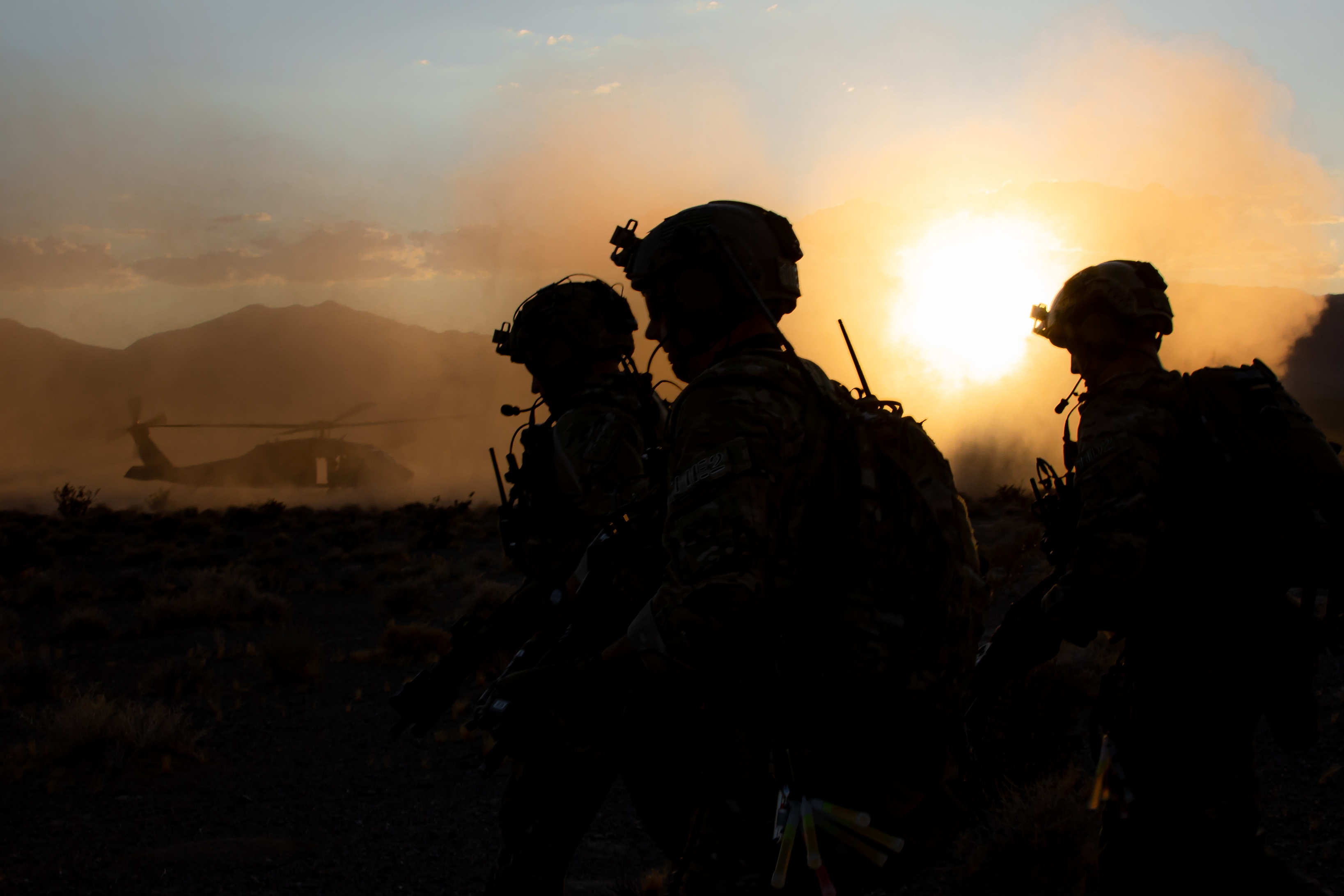I don't understand why you seem to put so much emphasis on "other benefits" when it's very clear and also documented that the main motivation for Eastern European countries to joining NATO was very simple: they feared Russia and wanted protection. This was by far the most important reason for joining NATO. All other factors pale in comparison to that single one factor. I suggest you read the following (if you find the text too long, please read the last sentence, I highlighted it in bold).NATO membership, together with membership in other organisations, are part of an overall move to integrate countries closer to the West in order to benefit from military, political, economic and social benefits.
Baltic leaders recognized that because of the relative weakness of Russia and the high-water mark moment of American power, they were granted an unusual degree of political maneuvering. They acted without hesitation, before Moscow clawed its way back into a stronger position.
As they began elbowing their way through international politics, formidable hurdles lay ahead. In the summer of 1992, when the United States sent its first military advisory “contact team” to Latvia, an unconventional scene could be observed in the art nouveau streets of Riga: uniformed Americans and Russians passed each other daily. In the early 1990s, all three Baltic republics still hosted thousands of former Red Army troops, together with various Soviet-era military installations ranging from a nuclear submarine training facility in Estonia to a massive anti-ballistic missile radar in Latvia. This Soviet-era carcass was the key issue hanging over the newly-freed Baltics. Moscow wanted to hold on to its strategic bases until 2002. The Baltics vehemently objected.
Severely lacking in diplomatic representation abroad, Baltic policymakers would use every opportunity to argue their case internationally. When in 1992 world leaders gathered in Rio de Janeiro to discuss environmental politics and sign the Kyoto Protocol, Baltic representatives used the venue to “hunt down” European heads of state in order to sway them on the importance of getting the Soviet troops out. The Clinton administration played an instrumental role in mediating and accelerating this official divorce. In retrospect, this was a crucial inflection point which, if unresolved, could have taken the Baltics in a different strategic direction. According to long-time Estonian diplomat Jüri Luik, keeping Russian troops on Baltic soil was Moscow’s “strongest card to play” if it were to destabilize this region. Even a minimal Russian presence for a longer time, in his view, would have ended Baltic dreams of a transatlantic alliance.
NATO as the ultimate strategic objective had been weighing on the minds of Baltic statesman as soon as independence was achieved. Officially, however, the desire to move towards this goal was played down in order not to jeopardize ongoing Russian troop withdrawal. In 1995, with the Russian army finally gone, it was now also on their lips. Already, the Lithuanian President had unconventionally applied for alliance membership via an open letter. It became clear, however, that the Baltic states movement towards the transatlantic alliance would not be possible through individual efforts. As a former Latvian ambassador to the United States explained, “It was very clear to us in Washington that if one country pursued something and wanted to get Congress to approve it, they wouldn’t get it unless all three agreed.” In pursuit of the principal geopolitical goal, the Baltics banded together.
But at the time, it was palpable that these nations were not yet ready to assume full member status. Early on there were a number of stumbles, diplomatic embarrassments, and instances of mistrust in the U.S.-Baltic relationship. In one such mishap, the Latvian Defense Minister had shocked the U.S. side with his desire to acquire from the United States thousands of F-16 fighter jets. It later turned out that what he had in mind was M-16 rifles.
According to Strobe Talbott, a key figure in the Clinton administration, when it was clear that the Baltics were not going to be among the first wave of NATO invitees, the Estonian president started to show up in various cities where the negotiations were taking place and stalked Talbott just to make sure he understood that there would be consequences if his country were to be ‘sold out’ as during the 1945 Yalta Conference. A senior Estonian representative summarizes those years as full of “ups and downs of false expectations, false perceptions, and political nightmares.”
Yet, despite initial setbacks, the Baltics plunged into the membership process enthusiastically and with an ironclad conviction regarding their Western orientation. In 1997, when Russian President Boris Yeltsin dangled unilateral Russian security guarantees in exchange for giving up on the Baltics’ NATO hopes, the offer was promptly rejected. Gravitating back into the Russian sphere of influence was deemed intolerable. Instead, the Baltic consensus was to be fully cemented into the Euro-Atlantic security architecture. Simply put, NATO was viewed as an existential necessity.

The Breakaways: A Retrospective on the Baltic Road to NATO
Fifteen years ago, NATO opened its doors to the Baltic states. In the United States this momentous historical decision is commonly framed either as one of
warontherocks.com


